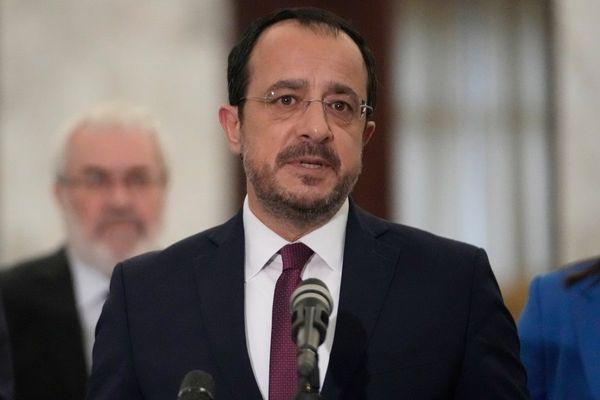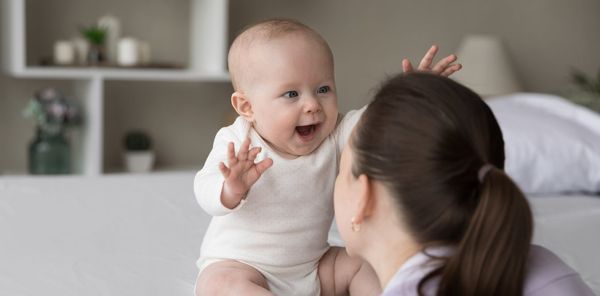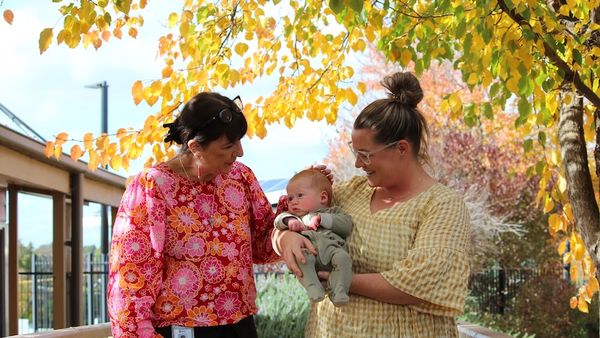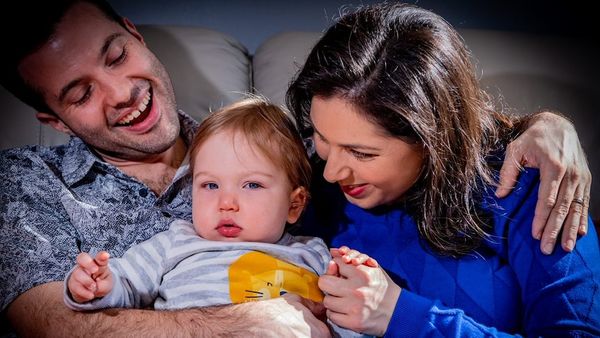Entering a busy hospital emergency department can be a frightening experience for anyone, but for some it can be harrowing.
Just ask Toni Grayson.
Toni is an active 11-year-old who has autism, and regularly visits the ER department for sporting injuries.
But she found the frantic, noisy environment to be overwhelming.
"I found the waiting part and being alone really stressful," she said.
"It's just all too much and it overwhelmed me."
The experience wasn't much better for her mum Kate Grayson.
"Toni had to go to the ER during the peak COVID influx, and it was a pretty busy and complex time in the hospital," Ms Grayson said.
"Toni was quite distressed, which was the focus of my attention.
"I found it hard to remember which staff I had told that Toni had autism and who I hadn't."
Reducing distress
Once back in the sanctity of her home, Toni thought a lot about what had happened.
"I wanted it to be less stressful for other kids like me," she said.
"I thought that with fidgets, and sensory toys and a few other things it would be a help to make it better for autistic kids."
Ms Grayson provided feedback on Toni's behalf to the PCH team, feedback that prompted them to devise a new way of caring for neurodiverse patients.
ED consultant Bethany Kloeden said staff had been working to minimise distress for emergency department patients, and Toni's input was invaluable.
"The feedback from Toni and her mum, Kate, really catalysed moving this work more specifically into neurodiverse patients as well," Dr Kloeden said.
The result was the development of a Neurodiversity Care Plan (NCP) which is now offered to all parents of neurodiverse children attending the ED.
"The NCP is a questionnaire with questions around how the child communicates, what he [or] she likes and dislikes, how to optimally examine the child and give him [or] her medication, what helps when the child is dysregulated, and what mechanisms have been effective [or ineffective] in the past for procedures," Dr Kloeden said.
"Each time they return to ED, they can show their Neurodiversity Care Plan wallet card or verbally tell staff that they have a plan, and it will be printed off to be used."
However, the plan only applies to the emergency department at Perth Children's Hospital.
A hospital spokesperson said if the program proved successful, the hospital hoped to roll it out in other areas in the future.
Sensory experiences tailor made
Gold Coast University Hospital ED doctor Dinesh Palipana is a quadriplegic with extensive experience working with neurodiverse patients, and this has led him to develop strategies to improve the experience for everyone.
"We are in an environment which is always dynamic," Dr Palipana said.
"A part of ensuring a good experience for neurodivergent patients is to tailor-make the sensory experience.
"The way we exchange information and the way we communicate also needs to be person-centred."
Dr Palipana highlighted two examples of ED staff learning lessons from dealing with neurodivergent patients.
"One patient needed an appropriate sensory environment to have a good experience, and part of the care involved adjusting the lighting, curtains, and providing assistance with sound to make sure that no distress occurred," he said.
In the second case, information was delivered in a specific way and decisions made jointly, also to minimise distress.
"At the end of the day, it's really about asking what's best for the patient," he said.
Toni Grayson has worked out what's best for her, and her input has helped shape the way Perth Children's Hospital creates a more welcoming environment for other young neurodivergent patients who attend its ED.
"Toni has been raised to believe if you see something that could be improved, it's always worth speaking up and giving not only feedback but ideas," her mum Kate said.
"Toni is an amazing young leader and I'm very proud of her.
"She's outspoken and vocal about her needs as a young autistic person."










